The Anti-Lock Braking System (ABS) is a crucial component of modern vehicles, designed to enhance safety by preventing wheel lock-up during sudden braking. While ABS systems have significantly improved automotive safety, they are not immune to issues.
Some essential parts of an anti-lock braking system are absent from automobiles without ABS. Its main objective is to stop the wheels from locking or sliding while braking suddenly.
Modern brakes are highly potent; if ABS weren’t present, it would be simple for them to lock the wheels during an emergency stop. This is particularly crucial on slick or soggy conditions.
How does ABS work or operate?
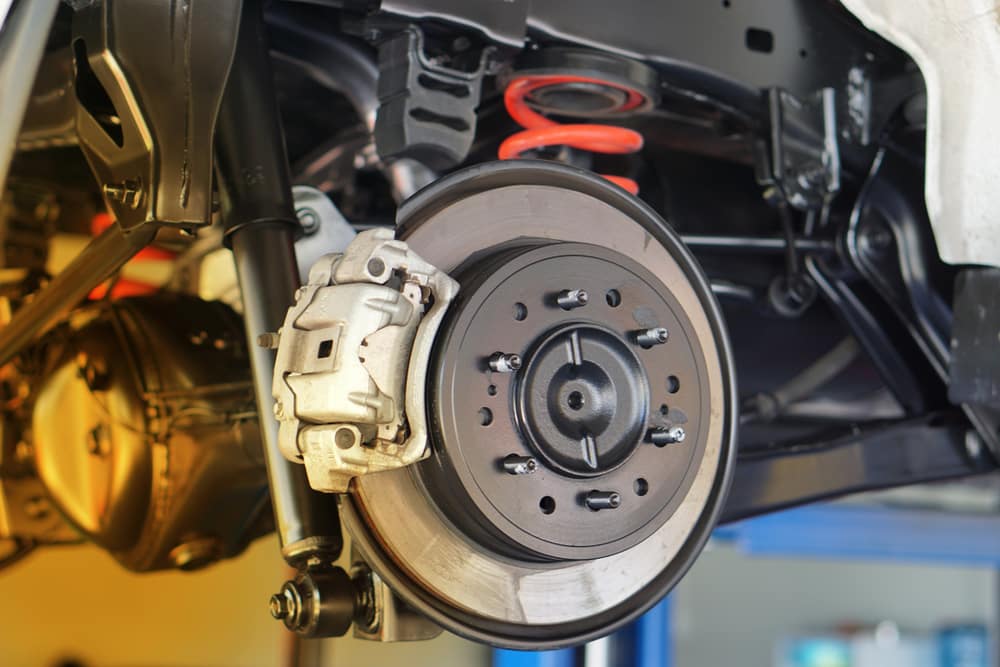
An Electronic Control Unit (ECU), an ABS pump/modulator, and ABS sensors make up the ABS system’s three primary parts. The basic braking system and all three components must be in good working order for the system to be effective.
What are Common ABS Problems?
Here will explore some common ABS system problems that vehicle owners may encounter and how to address them.
-
Abs Warning Light
The ABS warning light on the dashboard turning on is one of the most obvious signals that there is a problem with the ABS system. When this indicator illuminates, an issue with the ABS system is present. The problem could be anything from a straightforward sensor issue to a more complicated issue with the ABS control module. An expert diagnostic tool is frequently needed to identify the precise issue.
Sensor Failures
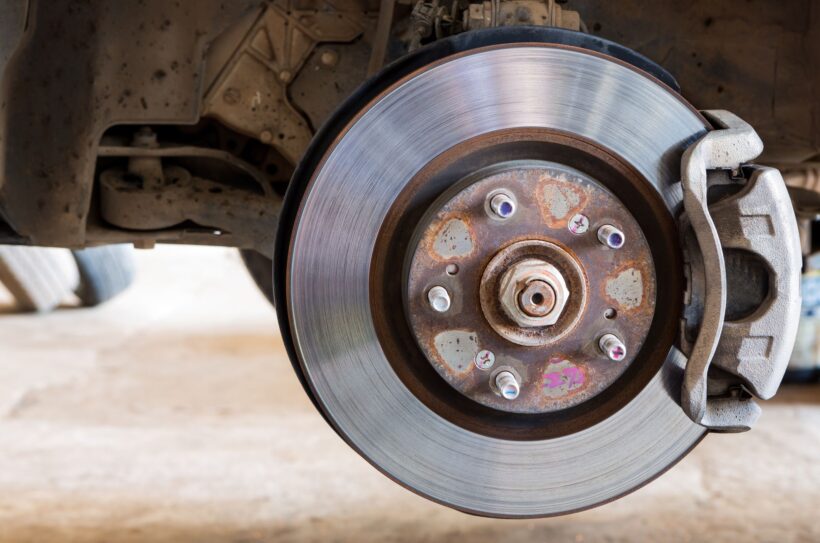
The ABS system relies on sensors to monitor the speed of each wheel and adjust braking pressure accordingly. Sensor failures are common ABS problems. Dirty or damaged sensors can provide incorrect information to the ABS control module, leading to erratic braking behavior. Cleaning or replacing the sensors can often resolve this issue.
-
Rust and Corrosion
The ABS system’s components are exposed to harsh environmental conditions, making them susceptible to rust and corrosion. Rust on the wheel speed sensors, sensor rings, or hydraulic lines can interfere with their proper functioning. Routine inspections and rust prevention measures can help prevent this problem.
-
Wiring and Electrical Issues
The ABS system relies on a complex network of wiring and electrical connections. Over time, these connections can become loose, corroded, or damaged, leading to ABS system malfunctions. Troubleshooting and repairing these electrical issues may require a professional technician’s expertise.
-
ABS Pump and Control Module Problems
The ABS control module is the brain of the system, responsible for regulating brake pressure. Issues with the control module can result in uneven braking or a complete loss of ABS functionality. Likewise, problems with the ABS pump, which pressurizes brake fluid, can lead to braking inconsistencies. Replacing these components can be expensive but is necessary to restore the system’s integrity.
-
Fluid Contamination
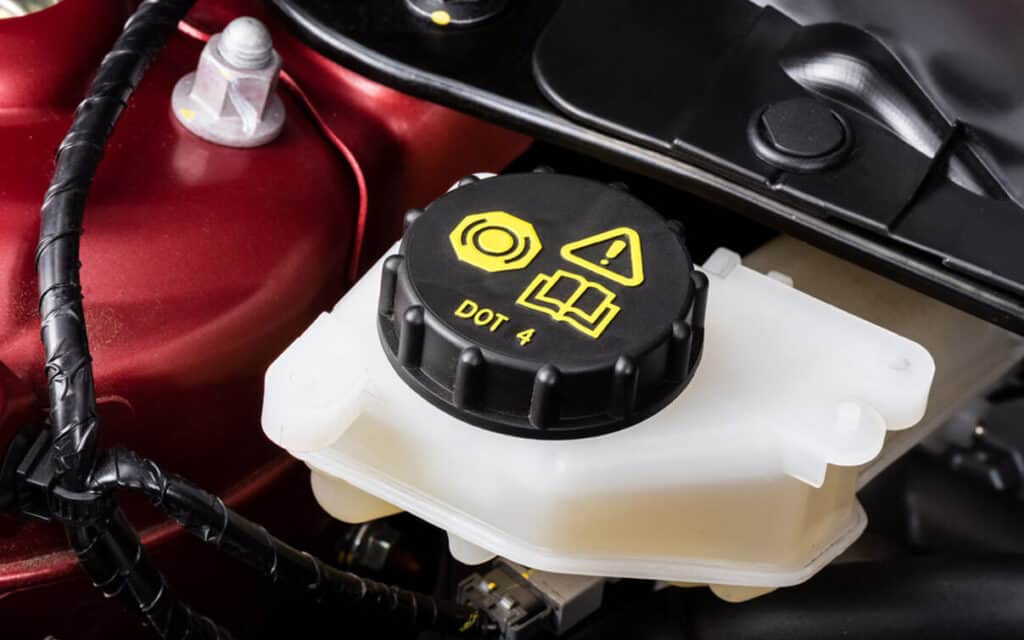
Contaminated brake fluid can cause problems within the ABS system. Moisture or debris in the brake fluid can damage the ABS pump, valves, and other components. Regular brake fluid maintenance, including flushing and replacement, can help prevent this issue.
-
Wheel Speed Sensor Gaps
The ABS system relies on precise measurements of wheel speed. If there is excessive space or a gap between the wheel speed sensor and the sensor ring, it can lead to erroneous readings and trigger the ABS system. Proper installation and alignment of these components are essential to avoid this problem.
What to do if you are unclear about your Anti-Lock Braking System?
Get your automobile to a garage as soon as you suspect anything about the ABS; they will be able to do diagnostic testing and ‘field tests’ to determine whether the ABS is functioning properly.
Can ABS create pulsation in the brake pedal?
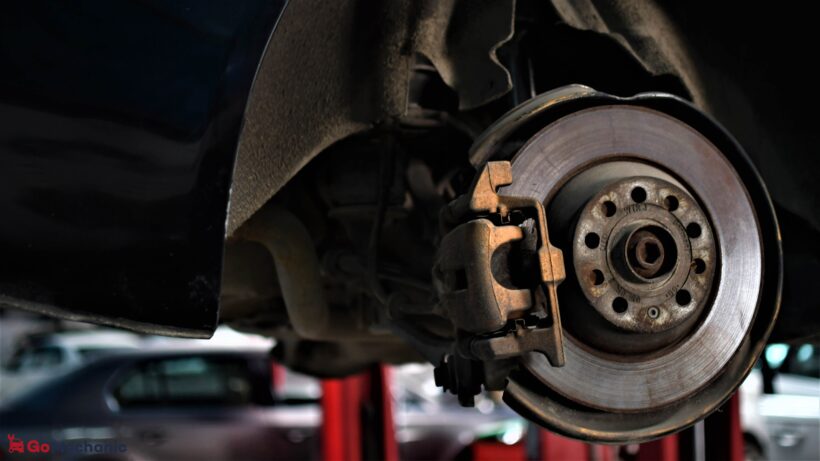
The ABS sensors are housed inside the disc brake support and are cylindrical magnets encircled by a coil. They are prone to accumulating metallic debris from the brake pads, which will deteriorate the generated signals to the ABS computer and cause it to activate ABS inadvertently, as is demonstrated by the brake pedal pulsation on abs system.
How to Fix these problems?
For fixing common ABS system problems it needs a combination of diagnostic tools. It also needs a technical knowledge, and the help of a professional mechanic. So, here’s how to fix these problems:
Abs warning light:
- Start by using an OBD-II scanner to retrieve the specific error codes stored in the ABS system.
- Once you have the error codes, consult the vehicle’s service manual or a reputable online resource to identify the issue.
- Depending on the error code, you may need to inspect and repair sensor connections, replace damaged wires, or address issues with the ABS control module. This may require specialized tools and equipment.
Sensor Failures:
- Inspect the wheel speed sensors for dirt, debris, or physical damage.
- Clean the sensors using brake cleaner or a gentle solvent.
- If cleaning doesn’t resolve the issue, you may need to replace the faulty sensor(s).
- Follow your vehicle’s service manual for sensor replacement procedures.
Rust and Corrosion:
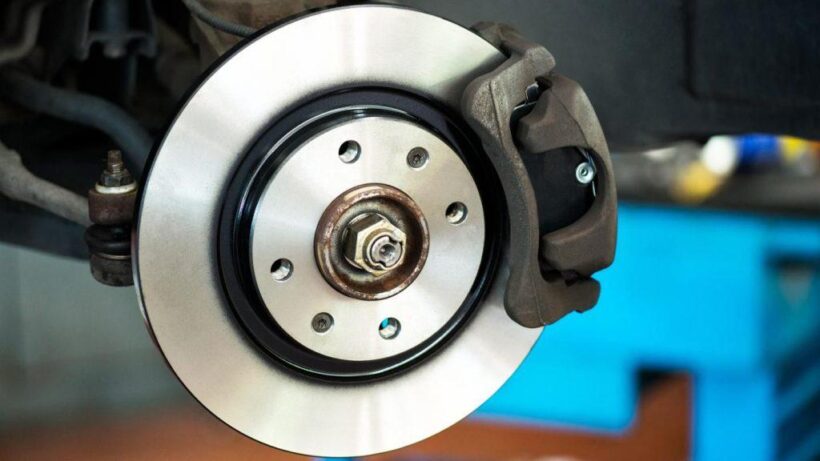
- Regularly inspect the ABS system components, especially the wheel speed sensors and sensor rings, for signs of rust and corrosion.
- If rust is present, carefully clean it using a wire brush, sandpaper, or a rust-removing solution.
- Apply an anti-corrosion spray or grease to prevent future rust formation.
Wiring and Electrical Issues:
- Visually inspect the ABS system’s wiring harness for loose, damaged, or corroded connections.
- Fix or replace any broken connectors or cables.
- Ensure proper grounding of the ABS system.
ABS Pump and Control Module Problems:
- Diagnosing and repairing ABS pump or control module issues often require professional expertise.
- A mechanic can use specialized diagnostic tools to identify the specific problem.
- If the control module is faulty, it may need to be reprogrammed or replaced.
- Faulty ABS pumps may also need replacement.
Fluid Contamination:
- Regularly check and maintain the brake fluid in your vehicle.
- If you suspect contamination, have the brake fluid flushed and replaced by a professional mechanic.
Wheel Speed Sensor Gaps:
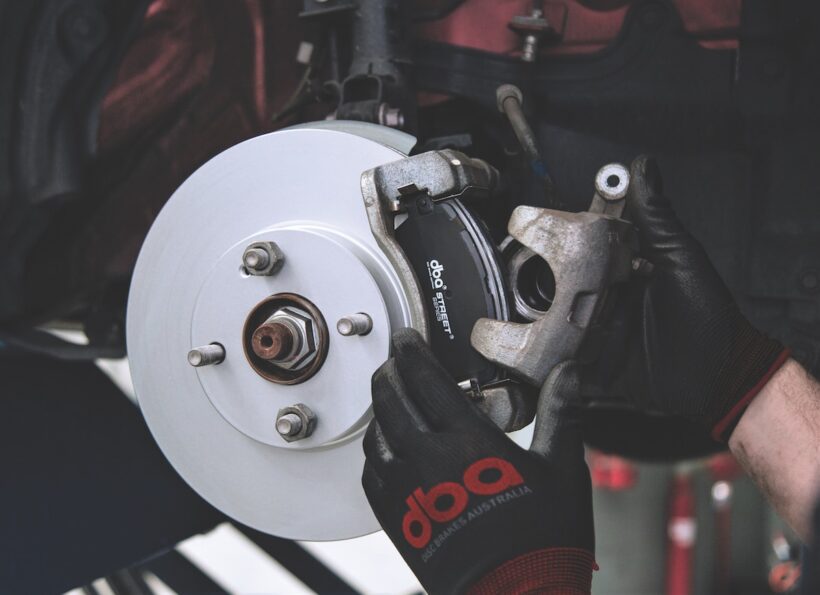
- Ensure that wheel speed sensors are correctly installed and properly aligned with the sensor rings.
- Follow the manufacturer’s guidelines for sensor installation and gap adjustment.
- Make sure there are no obstructions or debris between the sensor and sensor ring.
Dealing with ABS system issues typically requires some technical know-how and access to diagnostic tools. If you are unsure of your capacity to recognize or resolve these issues, it is strongly encouraged to seek the assistance of a qualified automotive specialist or mechanic from BrakeWarehouse. They have the skills and tools required to properly locate and fix problems with the ABS system, ensuring the safety of your automobile on the road.
The Benefits of ABS in Modern Vehicles
Safety Enhancement One of the primary benefits of the ABS system is the enhancement of vehicle safety. ABS prevents the wheels from locking up during hard braking situations, thereby allowing drivers to maintain steering control. This is especially crucial in slippery conditions, where a skidding car can become uncontrollable.
Reduced Stopping Distances
Contrary to popular belief, ABS doesn’t always reduce stopping distances. However, on certain road surfaces, especially wet or icy ones, ABS speed sensor can significantly reduce the distance it takes for a vehicle to come to a halt, compared to vehicles without ABS.
Improved Traction Control
Many modern ABS systems are integrated with traction control systems. This ensures that the vehicle maintains optimal grip during acceleration, especially in adverse conditions. By modulating the brake force on individual wheels, ABS can help mitigate the effects of wheel spin.
Conclusion
The ABS system is a vital safety feature in modern vehicles, and addressing common ABS system problems is essential for maintaining road safety. Regular maintenance and prompt diagnosis of ABS issues are key to preventing accidents and costly repairs. Consult a competent mechanic or automotive specialist if you believe your vehicle’s ABS system is malfunctioning to make sure your brakes are functioning properly. You can experience safer and more dependable driving by quickly fixing these typical ABS issues.

